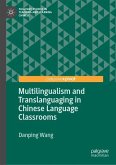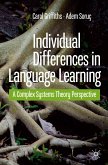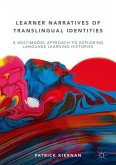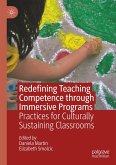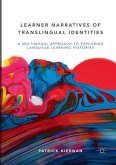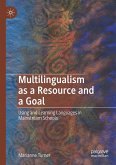This book is about the challenges that come with initiatives to develop a more humanized, intersectional and negotiable landscape for English Language Teaching (ELT). It sets out to problematize ingrown and ingrained practices in English teaching, weaving together obscured practices, undisclosed agendas and ideologically motivated (inter)actions to expose the unspoken agendas at work. Drawing on his own experience of being part of an English as a Lingua Franca (ELF) programme at an urban Japanese university, the author presents a case for rethinking language education in Japan. This book will be of interest to applied linguists, language teachers and teacher trainers, cultural anthropologists, and anyone interested in the cultural politics of education, especially language education.
"This thought-provoking book is likely to have a significant impact on language teaching professionals and their practice in Japanese contexts ... . the book offers refreshing insights into the hope and possibility for transformative change and makes highly convincing cases against protectors and defenders of the status quo ... ." (Natsuno Funada, International Studies in Sociology of Education, October 27, 2021)


